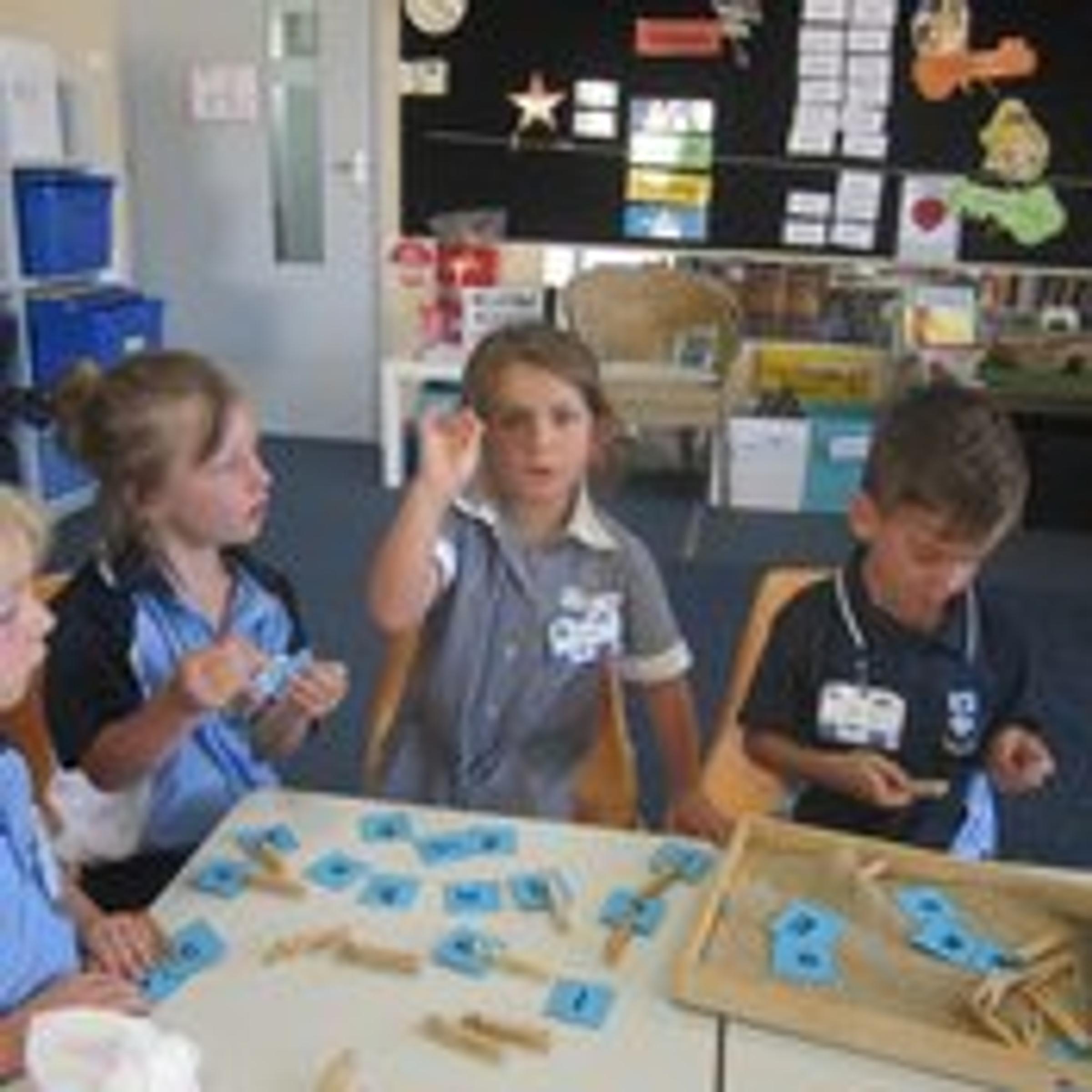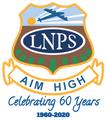English

Reading
It is crucial that children are exposed to a broad range of text types or genre from the very beginning of school. This term we will explicitly teach recountsawhile exposing children to the structures of a narrative through ‘read aloud’, role play and story boards. Teachers ‘think aloud’ to students; modelling how good readers use expression when reading and discuss the comprehension strategies readers use to understand what they read. Teachers question students and encourage them to ‘notice’ and ‘wonder’ to ensure they understand that reading is an active process! Non-Fiction text is also modelled and linked in with HASS to ensure our reading programs are comprehensive and balanced and that children understand that ‘we read different text differently’. During Term 1 we will have an "Author Focus" on Pamela Allen.
Writing
Children will have a chance to write every day through book making and we will focus on the Recount and Retell genres in term 1. During term 2 our focus will be on Descriptive writing and information reports.
Phonological Awareness
Explicit phonological awareness and phonics programs will occur this semester. We will use the Jolly Phonics program to introduce and consolidate the 44 sounds in the English language. We encourage daily practice of the sounds through the take home sound books. We will explicitly teach key concepts such as vowels, consonants, digraphs and other ‘essential learning’ that form the foundational skills of reading and writing.
Children will participate in"Target Time " workshops held across all Reception classes each day, to ensure they have targeted support and learning to help them progress in critical areas of English. These workshops will include phonological awareness (blending and segmenting, rhyming and consolidation of syllables) and phonics (linking sounds to letters and learning to form letters of the alphabet correctly). Groups are needs-based and are fluid - teachers are constantly assessing and monitoring individual children's progress and regrouping as required.
Oral Language
Students are given many opportunities throughout the day to practise oral language skills. From partner talk, small group and whole class discussions, to correct pronnunciation of sounds, reception classes are constantly using oral language. Much of the learning is demonstrated through oral language.
Handwriting
During term 1, Handwriting will focus on correct formation of letters in each child's name and correct formation of the lower case letters introduced in Jolly Phonics. Handwriting will also be targeted during term 2 to ensure children are forming all the letters of the alphabet correctly. We will be incorporating weekly handwriting lessons into our programs using the ‘Writing Time’ resources. Letters are grouped according to how they are formed (usually their starting points) and provides a common language across all Reception classes and a fun and interactive way to teach handwriting. Children will be using dotted third paper and the 'pincer grip' will be explicitly taught to children to ensure they are gripping their pencil correctly from the very beginning of school.
